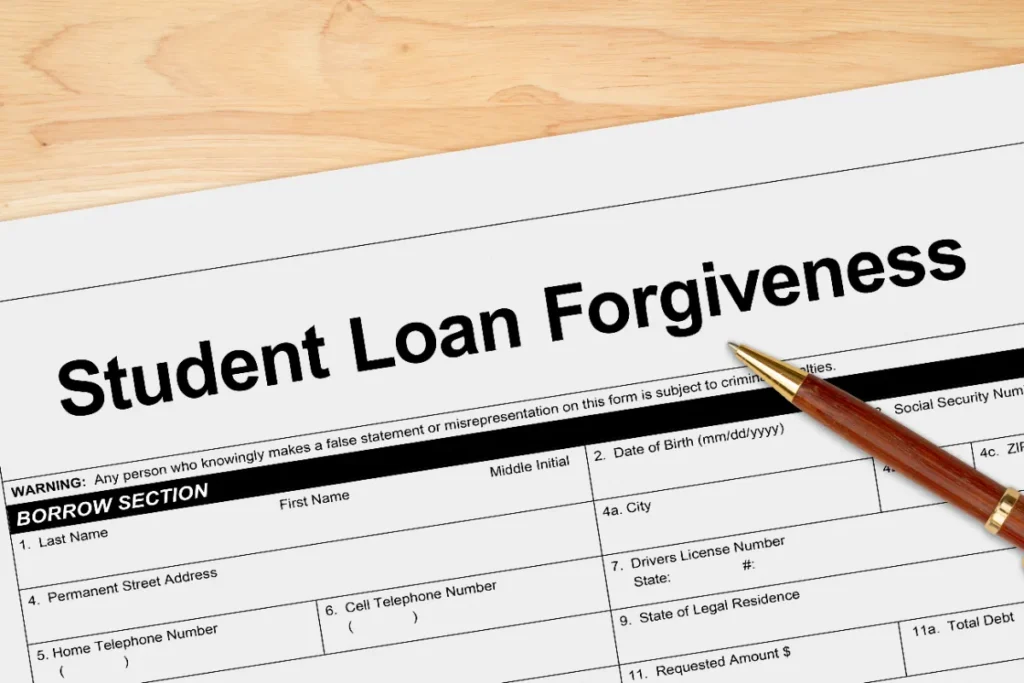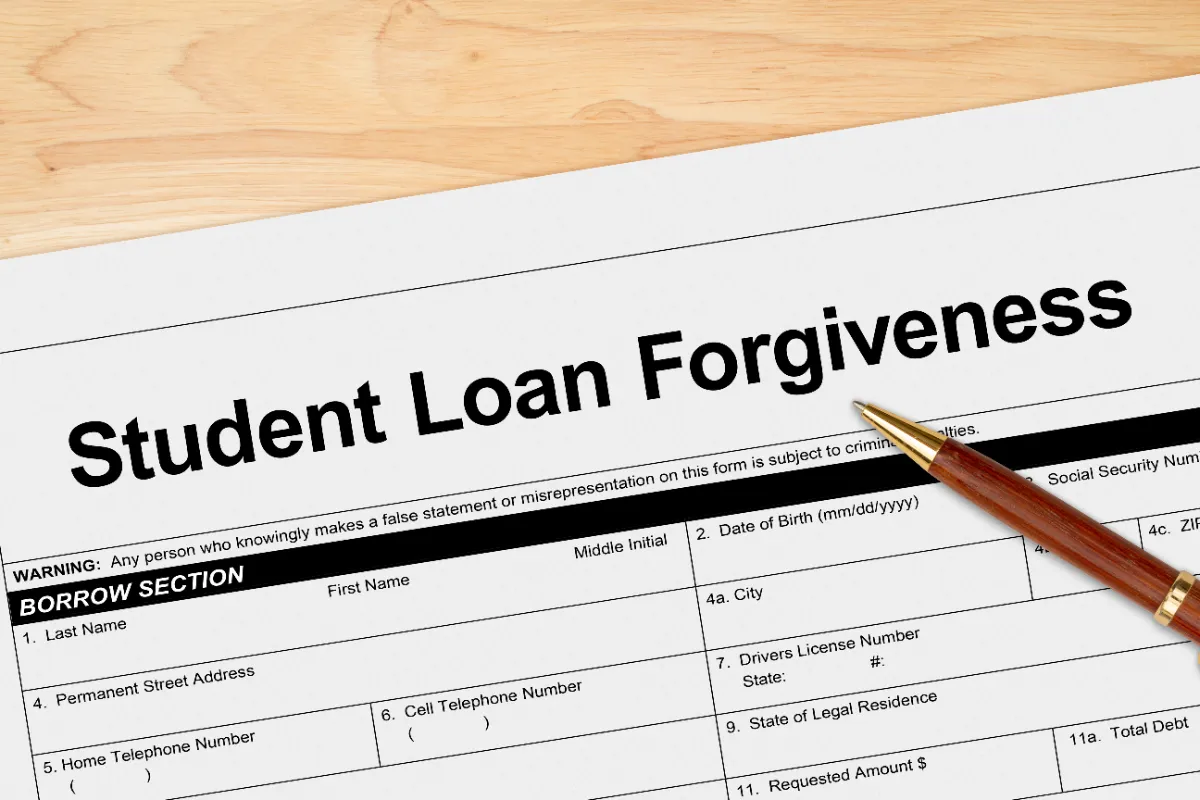
Ever feel like student loans are a giant puzzle? You’re not alone. Many people are talking about student loan debt cancellation – a way to reduce or wipe out what you owe on your college loans. Let’s explore what it means and how it might help you breathe easier about your finances.
What is Student Loan Debt Cancellation?
Debt cancellation means that you no longer have to pay back some or all of the money you borrowed for college. It’s like getting a do-over on your student loans. There are different programs and rules for how this can happen, depending on your situation.
Who Qualifies?
Not everyone can wave goodbye to their student loans. There are specific conditions you need to meet. For example, some programs are for teachers or public service workers. Others might help if you were misled by your school or if you’re facing tough financial times.
Public Service Loan Forgiveness (PSLF)
If you work for a government or not-for-profit organization, you might be in luck. The Public Service Loan Forgiveness program says that after you make 120 payments while working for a qualifying employer, the rest of your loan could be forgiven. That’s 10 years of payments, and then poof – the rest might disappear.
Income-Driven Repayment Plans
These plans adjust your monthly loan payment based on how much money you make. After making payments for 20-25 years under these plans, whatever you still owe might be forgiven. It’s a longer route, but it can lead to cancellation in the end.
Teacher Loan Forgiveness
Teachers, this one’s for you. If you’ve been teaching full-time at a low-income school or educational service agency for five consecutive years, you might say goodbye to up to $17,500 of your loans. It’s a way to say thank you for your hard work.
Disability Discharge
If you’re unable to work because of a disability, you might not have to pay back your student loans. This kind of cancellation is called a “total and permanent disability discharge.” It requires some paperwork, but it can lift a heavy burden off your shoulders.
Borrower Defense to Repayment
Feeling tricked by your college? If your school did something wrong or misled you, you might apply for borrower defense to repayment. This could lead to cancellation of all or part of your student loans, especially if your school closed before you could finish your program.
Closed School Discharge
If your college closed its doors for good while you were enrolled or soon after you withdrew, you might not have to pay back your federal student loans. It’s a way to make things right if you couldn’t complete your education through no fault of your own.
How to Apply
Applying for loan forgiveness or cancellation varies by program. You’ll usually need to fill out forms and provide proof of your eligibility, like employment records or medical documentation. Check out the official Federal Student Aid website for step-by-step guides.
Staying Informed
Rules and programs can change, so it’s crucial to stay up-to-date. Keep in touch with your loan servicer and watch for news about student loans. Being informed means you won’t miss out on opportunities to lighten your loan load.
A Word of Caution
While loan forgiveness sounds great, it’s not a quick fix for everyone. Some programs require years of payments before you qualify. And, depending on the program, forgiven debt might be considered taxable income. Be sure to consider all the details before you decide.
Understanding student loan debt cancellation can give you new options for handling your college debt. Whether you’re just starting to pay off your loans or you’ve been chipping away at them for years, knowing about these programs can offer hope and maybe even a path to being debt-free.




